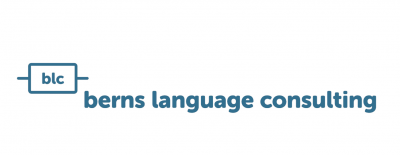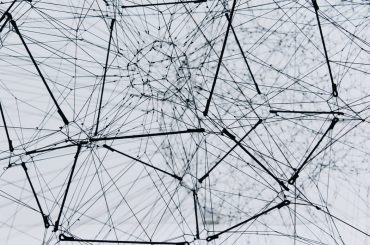With strategy through the system migration
When it comes to translations in international companies Translation Management Systems (TMS) are the backbone of an efficient localization strategy. But what happens when the existing system reaches its limits - and migration becomes urgently necessary? Our customer, a leading manufacturer of valves and automation components, faced precisely this challenge. With an unwieldy legacy system,…









